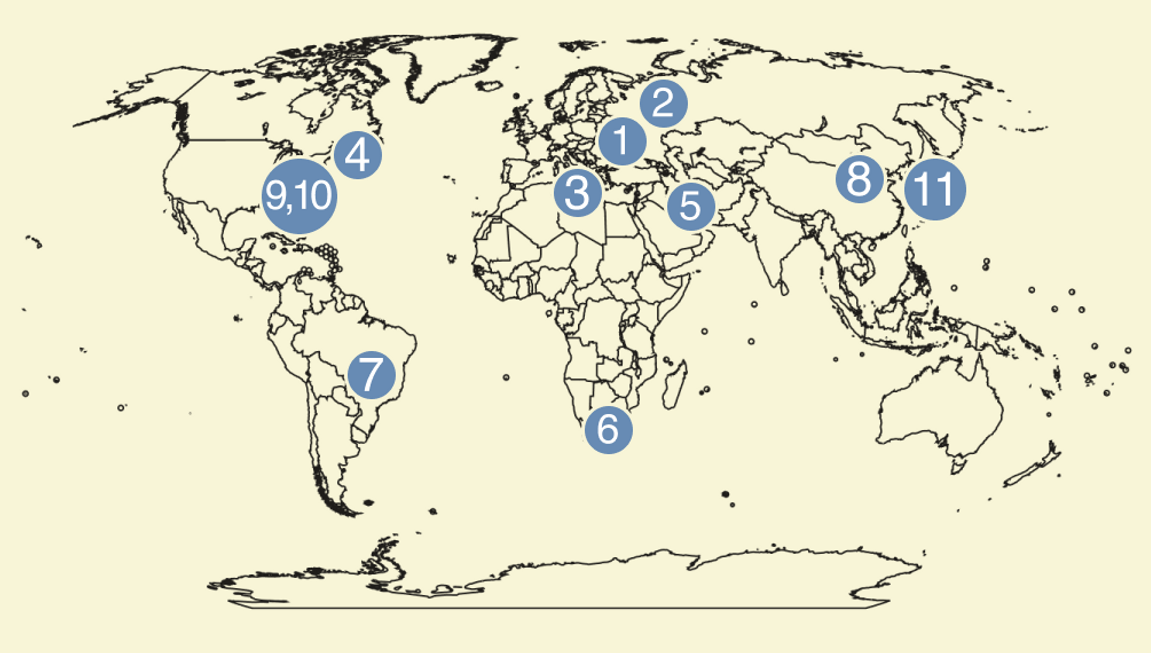 Mutually assured engagement Who benefits from internet fights? The ones fighting, on the whole. The much-admired Greta Thunberg put-down of Andrew Tate got both combatants’ supporters riled up. No doubt Tate “would still be spinning out videos from it,” argues Ian Leslie, had Tate not been hauled away by Romanian police. Prince William may wish his brother was not attacking him in the media, but it’s been good for the royal family, he argues, making them more sympathetic and human. Every shot fired in the culture war is good for both sides, says Leslie: They feed off each other. It’s hard not to take part, because you get no likes for the post you don’t post. Still, sometimes, “the only winning move is not to play.” The treachery of crowds The BBC show The Traitors has been an international hit, with a U.S. spinoff underway. Strangers in the show work together to win prize money, but some among them are designated as “traitors” who must be unmasked. The near-total lack of evidence for establishing the traitors means the whole thing is essentially “a challenge of establishing trustworthy vibes,” according to Ellen Pasternack, which leads to “ratcheting levels of emotionality”: Weeping, leaping for joy, but also rounding with terrible purpose on whoever participants decide, usually wrongly, is a traitor. It’s “a valuable lesson in the importance of incentive structures … A game might say on the tin that the aim is detective work and spotting a lie, but if it actually incentivises dumbed-down hysteria, then that’s exactly what it’ll get.” The wide roots of the Industrial Revolution Why did the Industrial Revolution — the great upsurge in human productivity, which pulled most of the world from subsistence farming to having spare calories, time, and income — happen when it did? The answers typically focus on the growth of coal and steam. But society didn’t just invent more, develop more, and communicate more. It also progressed morally. The Industrial Revolution coincided with “the replacement of monarchy with republics, the virtual end of slavery, equal rights for women, and an international consensus against using war to acquire territory,” notes Jason Crawford in The Roots of Progress. The causes of the Industrial Revolution lie in some “fundamental changes in thinking.” |










